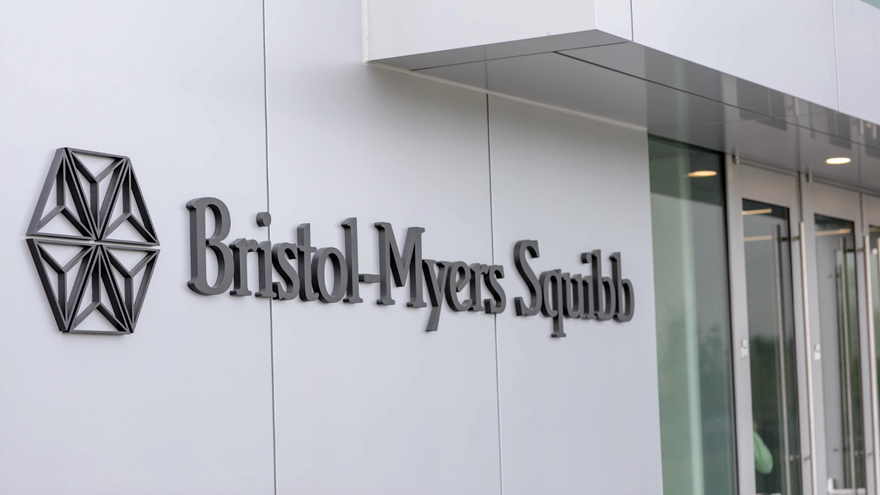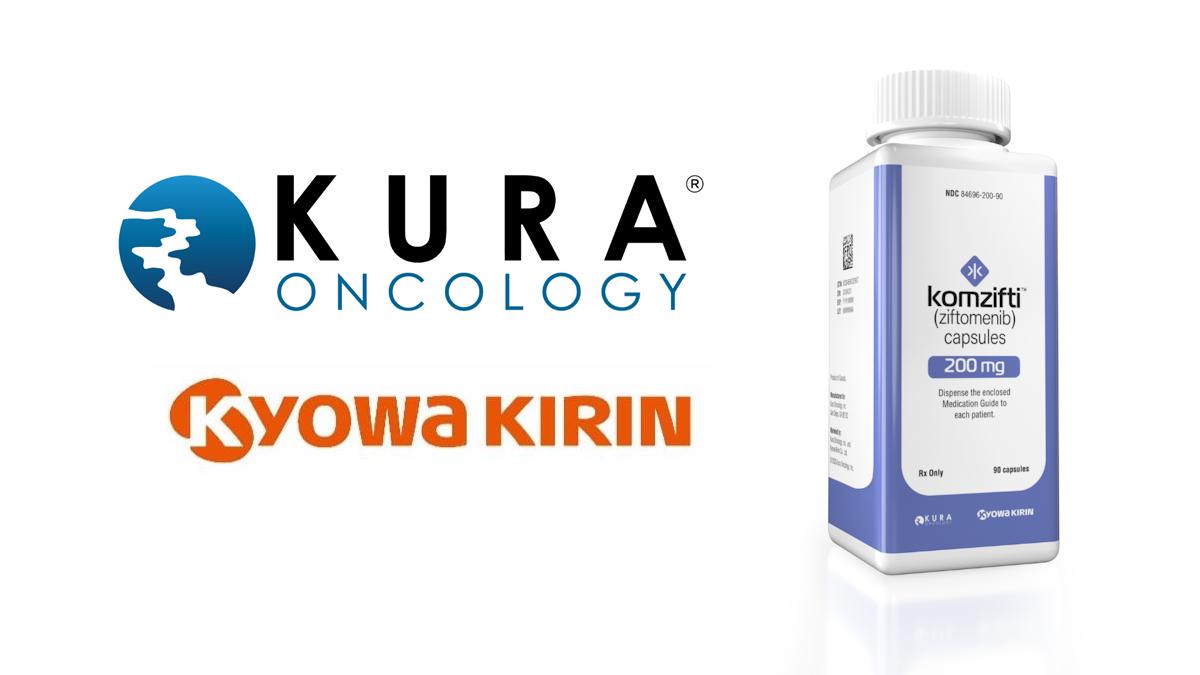EU okays BMS' azacitidine pill for first-line maintenance of AML

Bristol-Myers Squibb has been granted EU approval for Onureg (azacitidine), a tablet form of an intravenous drug that has been mainstay of acute myeloid leukaemia (AML) therapy for more than a decade.
The EMA has cleared Onureg (formerly CC-486) as the first-ever orally-active drug that can be used for frontline maintenance treatment of AML who are in remission after initial chemotherapy but are not eligible for potentially curative therapies like a stem cell transplant.
BMS said that the new drug is also the first and only oral treatment to demonstrate an overall survival benefit in this setting, as demonstrated by the results of the QUAZAR AML-001 study.
In patients with a complete response to induction chemotherapy, Onureg was found to extend survival to 24.7 months from 14.8 months in a placebo-treated group. There was also a five-month improvement in relapse-free survival (RFS).
At the moment, less than 30% of AML patients live beyond five years, despite a 60% to 80% remission rate with current first-line therapies.
The intravenous formulation of azacitidine – sold by BMS as Vidaza – is still widely used for first-line induction therapy for AML. It was a $600 million product for BMS' Celgene unit until loss of patent protection in 2011 led to generic competition and a steady decline in sales – down two-thirds to $54 million in the first quarter of this year.
BMS is looking to Onureg to restore the franchise, and analysts at GlobalData have predicted that the drug is set to become the standard first-line maintenance therapy for patients over 55 years old, and with no direct competition in that category could see widespread adoption.
Onureg was approved by the FDA last September and made $15 million in sales in the first quarter of this year, almost entirely from the US market.
After the US approval, BofA Securities analysts suggested that the drug could make sales of $1.5 billion at its peak, although it is entering a market that has seen a number of new product launches in the last few years, including Roche/AbbVie's oral first-line therapy Venclexta (venetoclax) used alongside chemotherapy.
Roche and AbbVie are also developing Venclexta for the first-line maintenance therapy indication, with a phase 2 study as a monotherapy after induction chemo due to read out later this year. The drug companies are also pairing the drug with injectable azacitidine in the phase 3 VIALE-M maintenance study.
Onureg slots into BMS' AML product range alongside Vidaza and Idhifa (enasidenib), an IDH2 inhibitor co-owned with Agios Pharmaceuticals that it used to treat relapsed or refractory IDH2-mutated AML, but failed to improve survival in a phase 3 trial reported last summer.
BMS also wants to move Onureg into the front-line treatment setting, particularly for older AML patients, and has suggested it could form the backbone of new combination therapies.












